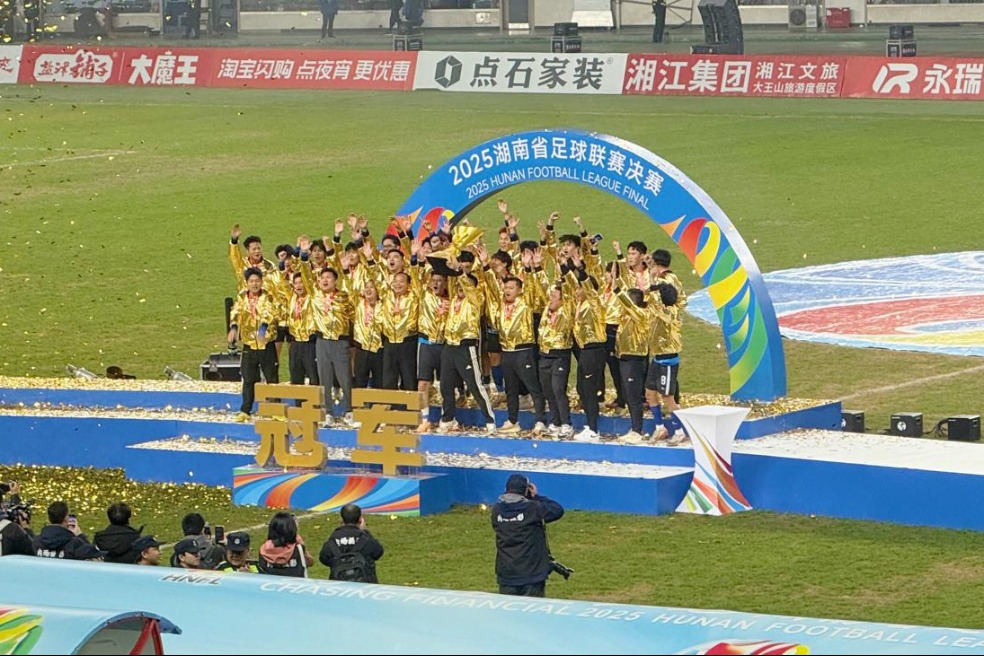President leads from the front


Original aspirations
Soon after the congress, Xi led the newly elected top leadership on visits to historic revolutionary sites in Shanghai and Jiaxing, Zhejiang province, to demonstrate the new leadership's belief in staying true to the Party's original aspirations and serving the people.
At the memorial hall of the First CPC National Congress in Shanghai, Xi led the other six leaders in reciting the admission oath in front of the Party flag, reminding all Party members to remain true to the CPC's original ideals.
"Only by staying true to our original aspirations, keeping our mission firmly in mind and continuing to strive can the Party stay young and alive," he said.
While meeting with the media after being re-elected General Secretary of the CPC Central Committee in October, Xi said the Party must remain committed to a people-centered development philosophy and make steady progress toward improving the people's sense of fulfillment to realize common prosperity.
"For a party that fights for the eternal well-being of the Chinese nation, the centenary only ushers in the prime of life," he said.
He also introduced the "Two Centenary Goals", which refers to the strategic targets of building a moderately prosperous society in all respects by 2020 and building a modern socialist country by the centenary of the People's Republic of China in October 2049.
At a key meeting attended by members of the Political Bureau of the CPC Central Committee in late December, Xi said formalism and bureaucracy are the "big enemies" of the Party and the people.
He urged Party leaders to keep a close eye on family members to prevent them from leveraging their political power for personal gain, and said senior leaders must play a leading role in opposing undesirable work styles, such as formalism, bureaucracy, hedonism and extravagance.
In December 2012, the central leadership issued the "Eight-point Rules" that require government officials to strictly practice frugality and eradicate undesirable work styles. Practices such as using public funds to buy gifts or pay for banquets and holidays have since been banned.
According to the National Bureau of Statistics, about 75 percent of the population was satisfied with the government's anti-corruption efforts in 2012. The figure had risen to 92.9 percent by 2016.
Xinhua contributed to this story.
- Liaoning fire: Report urges legal action against restaurant operator and seven others
- Historical Han Dynasty slips go on display in Hohhot
- Shanghai unveils steps to build sci-tech innovation corridor in Yangtze River Delta
- Xiangchao concludes with Yongzhou claiming championship
- Answers
- CPC leadership meeting urges steadfast implementation of eight-point decision on improving conduct





































